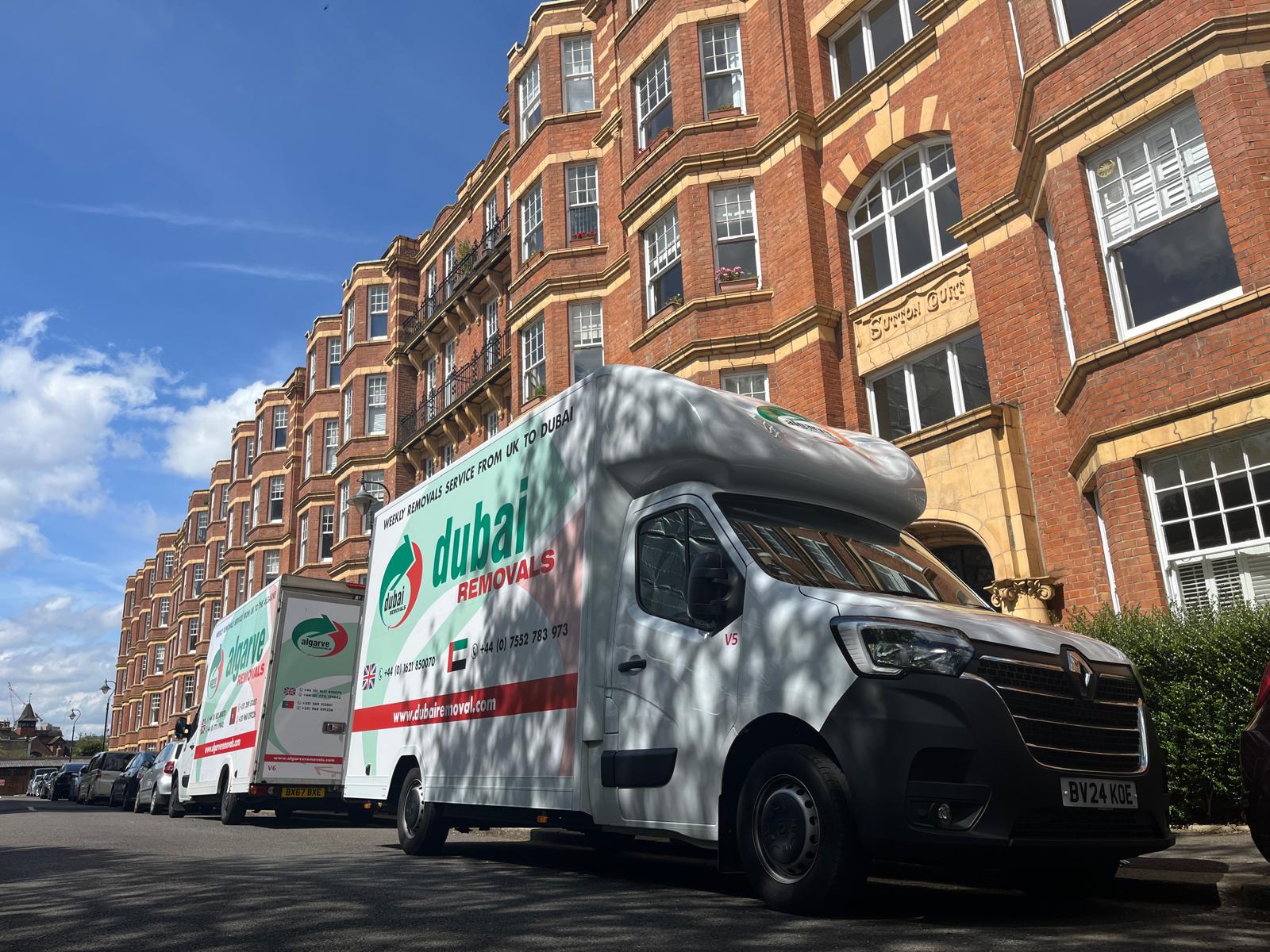Relocating to Dubai can be an exciting yet daunting experience, especially for families. As one of the world’s most vibrant and multicultural cities, Dubai offers incredible opportunities for personal and professional growth. However, families must take into account various factors, from securing quality education for children to accessing healthcare and settling into the expat community. Below, we’ll explore some key considerations that you should bear in mind when relocating to Dubai with your family.
Choosing the Right School for Your Children
Education is often a key priority for families moving abroad, and Dubai offers a wide range of schooling options, including British, American, and International Baccalaureate (IB) curricula.
The Emirate is home to a variety of high quality private schools, many of which have been set up to cater to the needs of expatriates. However, finding the right school requires thorough research. The first thing to consider is the curriculum that aligns with your home country. If you plan to return to your country of origin after a few years, sticking to a similar curriculum might ease your children’s academic transition.
Tuition fees in Dubai can be high, so it’s essential to budget accordingly. Keep in mind that fees may also vary depending on the school’s reputation and facilities. Schools in Dubai can have lengthy waiting lists, so it’s advisable to apply as early as possible to secure a place for your children. Proximity to your residence is another important factor. Dubai is a large city, and long commutes in traffic can be stressful, particularly for young children.
Access to Quality Healthcare
The healthcare system in Dubai is world class, with both public and private hospitals offering state of the art medical services. However, expatriates generally rely on private healthcare, so ensuring you have comprehensive medical insurance is critical. In Dubai, having health insurance is mandatory for all residents. Your employer may offer coverage for your family, but it’s important to review the plan’s coverage limits and ensure that it includes essential services like maternity care, paediatrics, and emergency treatments.
Dubai boasts a variety of private hospitals and clinics, some of which are internationally accredited. If you or your family members have specific medical needs, researching hospitals that specialise in those areas is advisable. Dubai also has well developed emergency medical services. However, it’s a good idea to familiarise yourself with the nearest hospital or clinic in your area and keep emergency numbers handy.
Finding the Right Area
One of the most important decisions when relocating to Dubai is choosing the right area to live. Popular areas for expatriate families include Arabian Ranches, Jumeirah, Mirdif, and The Springs. These communities offer spacious villas, parks, swimming pools, and proximity to schools, as well as invaluable support when transitioning to a new country. Ensure that your chosen area has easy access to essential services like supermarkets, medical centres, and recreational activities. Dubai is a car centric city, so having reliable transportation is essential.
Adapting to Dubai’s Culture and Climate
Moving to Dubai means adjusting to a new culture and environment. While Dubai is one of the most liberal cities in the Middle East, it’s important for expatriates to understand and respect local customs and traditions. Dubai is a melting pot of cultures, but it is important to respect the local Islamic customs. This includes dressing modestly in public places, being mindful of religious practices, and understanding the etiquette around alcohol consumption.
While English is widely spoken in Dubai, it’s helpful to learn some basic Arabic phrases, especially for communicating with government services and local businesses. It’s also essential to be aware of Dubai’s extremely hot summers, with temperatures often exceeding 40°C (104°F). Families need to plan for the heat, ensuring that children stay hydrated, wear sun protection, and avoid outdoor activities during the hottest parts of the day.
Navigating Visa and Residency Requirements
As an expatriate family, it’s crucial to understand the visa and residency process. Usually, the working parent will be sponsored by their employer, and they can then sponsor their spouse and children. Here’s what you need to know about the process:
- Employment Visa – The working spouse will typically secure an employment visa through their company, and this will serve as the basis for sponsoring other family members.
- Dependent Visas – Once the primary applicant secures a visa, they can apply for dependent visas for their family. Keep in mind that this process requires documentation such as birth and marriage certificates, which must be legally verified.
- Residency – Residency visas for family members must be renewed every few years, depending on the primary applicant’s visa status.
Planning Ahead is Essential for Your Relocation To Dubai
Relocating to Dubai as a family involves careful planning and preparation, but with the right approach, it can be an incredibly rewarding experience. From selecting schools and healthcare providers to integrating into the community, understanding the key considerations can help make the transition smoother for everyone involved.
Should you already be prepared and have the above aspects planned and under control but maybe you find yourself needing further assistance in securing the logistical side of relocating, including packing and transporting all of your belongings from the UK to your new place in Dubai, then rest assured Dubai Removals are on hand to help. Speak to our experts to receive a competitive quotation for our services.
Simply call us from the UK either on +44 (0) 1621 850 070 or +44 (0) 7552 783 973 or from Dubai on +971 56 634 0101, email us at sales@dubairemoval.com or fill in our online contact form and we will get back to you in no time.
